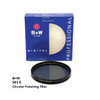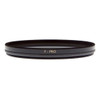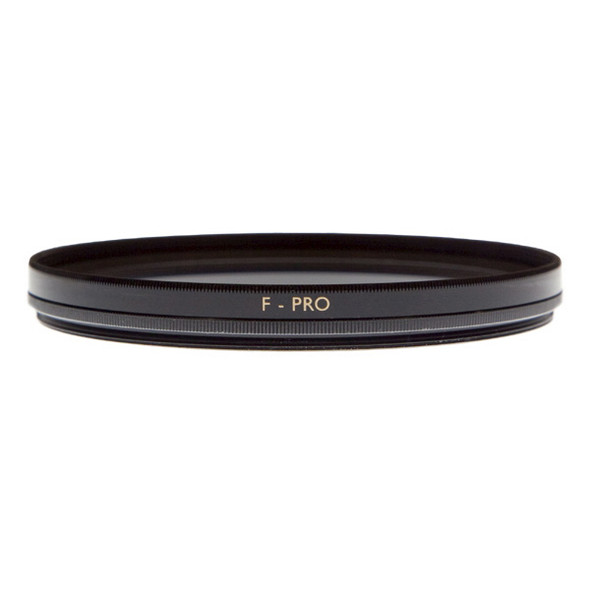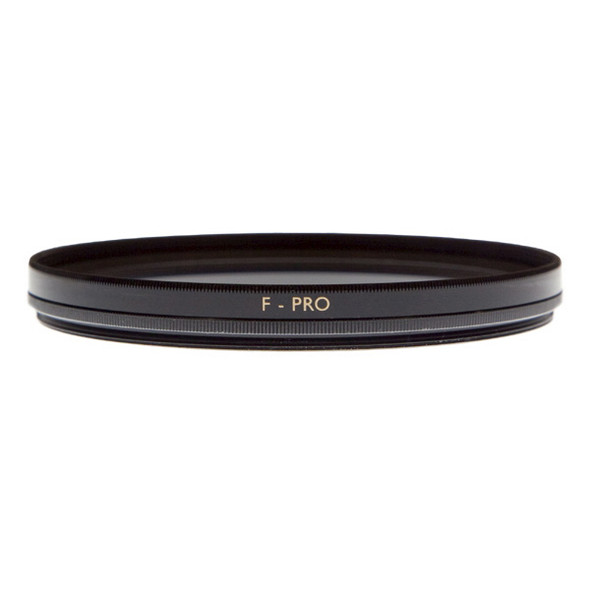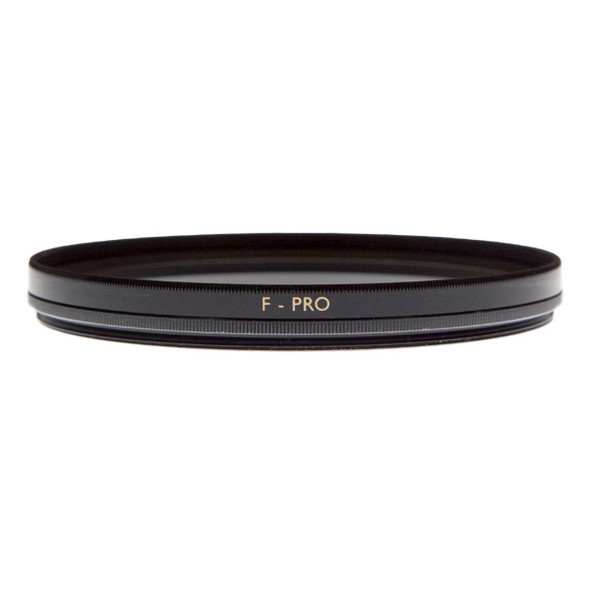B+W Filters
B+W 62mm F-PRO S03 E CPL Filter #1065305 (Made in Germany)

- SKU:
- B+W1065305
- UPC:
- 4012240007615
- Shipping:
- Calculated at Checkout
Description
B+W 62mm F-PRO S03 E CPL Filter #1065305 (Made in Germany)
CPL filters helps to reduce reflections and glare by filtering out light that has become polarized due to reflection from a non-metallic surface. The light from the sun naturally becomes partially polarized due to reflecting off electrons in air molecules, causing the light to scatter into what appears as haze. A polarizing filter arranges, and filters, this directionally polarized light perpendicularly to the reflected light, allowing for the absorption of much of this light. This results in a noticeable reduction of glare and reflections from non-metallic surfaces and an increase in the saturation of skies and foliage.
Highly efficient standard circular polarizing filter for all cameras with beam splitters in the light paths of their TTL exposure meter and with autofocus lenses. Circular polarization has the same pictorial effect as linear polarization, but allows for proper exposure metering and/or autofocus distance settings.
B+W Polarizers increase color saturation and reduce reflections. The neutral gray color and plane parallel polarizer material guarantee optimal image results. High-quality optical glass ensures excellent pictorial quality. The filter factor varies according to how the filter is positioned in relation to the sun. Filter factor is between 2.3 and 2.8.
Linear and circular polarizers both consist of a linear polarizer foil but differ in their construction in the following way. Modern SLR cameras have have a beam-splitting prism that sends part of the incoming light to the meter and part to the viewfinder. The effect is that the light entering the meter is partially polarized by the beam-splitter. A linear polarized placed on the lens of such a system will act as a second polarizer and block light to the meter by a degree dependent on the angle between the prism and the polarizer on the lens. The result is incorrect exposure/aperture values from the meter. The circular polarizer circumvents this problem through the addition of a 1/4-wave retarder, or delay, foil. This ensures that the linearly polarized light is changed into a rotation that appears unpolarized to the meter, resulting in proper exposure/aperture readings.
Each glass surface is vacuum coated with one layer of Anti-Reflection coating. This single layer helps to prevent internal ghosting and reflections. It also improves light transmission from approximately 92% (uncoated glass) to over 98%.



